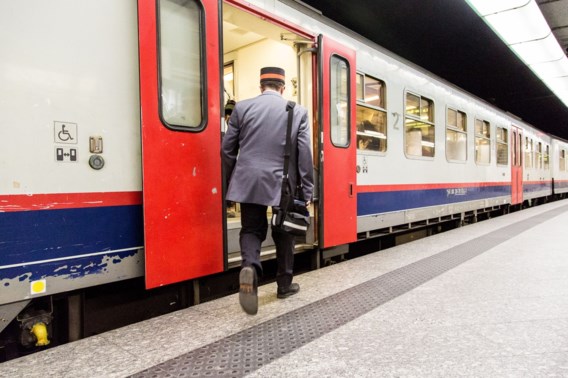Belgian railway company SNCB's decision to scrap 95 rush hour trains to and from Brussels because of the new coronavirus (Covid-19) is "dumb," according to virologist Marc Van Ranst.
From Monday, 95 rush-hour trains, also called P-trains, will no longer run to and from Brussels, announced SNCB and Infrabel.
48 of the scrapped trains normally run during the morning rush hour, and 47 during the evening rush hour. With a few exceptions, they are all lines to and from Brussels stations. However, the companies promised that passengers on the other trains will not be crammed together.
The decision has to do with a combination of factors, according to the two rail companies. On the one hand, there are far fewer people on the train during peak hours, because of the far-reaching measures announced by the National Security Council. On the other hand, the companies have to take into account absences from their own employees.
Related News
- Coronavirus: What else has closed?
- Ryanair says entire fleet could eventually be grounded
- Coronavirus: Antwerp cracks down on open restaurants
"There's only one word for that: dumb," said Van Ranst in the television programme Terzake on Sunday evening. "We want public transport to continue to run, but above all, we want people to not be packed too close to each other on it," he added.
Cancelling trains completely goes against the philosophy of the measures taken by the government, Van Ranst said.
Without the cancelled P-trains, 97% of the normal offer will still be assured, SNCB and Infrabel stressed in a press release. "All lines will continue to be served and, if necessary, the composition of the trains will be strengthened to maintain a moderate occupancy rate and thus reduce the risk of contamination between passengers," the statement said.
The SNCB also monitors the situation closely and will adjust the offer, depending on the occupancy rate and the absence of sick employees.
On Friday, SNCB announced several measures to prevent the spread of the coronavirus, like the train attendants only carrying out 'visual checks', and trains and stations being cleaned with extra attention for surfaces travellers come into regular contact with, such as door handles.
Maïthé Chini
The Brussels Times

